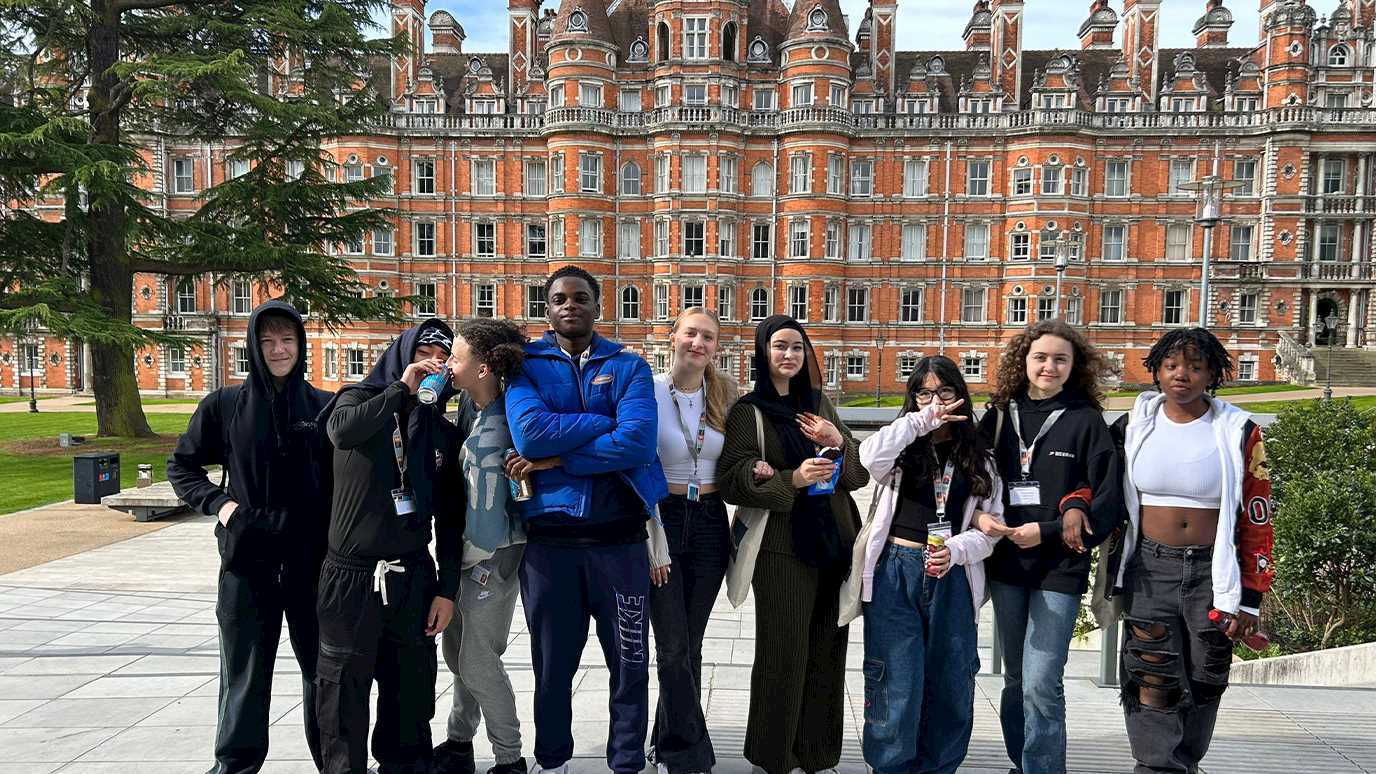Rhesus macaques are able to perceive their own heartbeats, according to a new study from the California National Primate Research Center at the University of California, Davis and Royal Holloway, University of London.

Image credit: Matthew Verdolivo UC Davis IET Academic Technology Services
The research, creates a first-of-its-kind animal model of interoception. Interoception refers to the ability to sense the internal state of one’s body, such as observing when your heart races or breathing quickens. The findings provide an important model for future psychiatric and neuropsychiatric research as dysfunctions in interoception are associated with anxiety, depression, and Alzheimer's disease.
The study is part of a collaboration between Eliza Bliss-Moreau, associate professor of psychology at UC Davis and core scientist at the CNPRC and affective scientist, Professor Manos Tsakiris, from the Department of Psychology at Royal Holloway, led by doctoral student Joey Charbonneau and including Lara Maister, from Bangor University, Wales.
The team monitored four rhesus monkeys that sat in front of an infrared eye tracker displaying stimuli which bounced and generated a sound either synchronously or asynchronously (faster and slower) with the monkeys’ heartbeats. Such an experiment capitalizes on the fact that monkeys and human babies look for longer at things that they find surprising or are unexpected.
All four monkeys spent more time looking at the stimuli presented out of rhythm with their heartbeats compared to stimuli in rhythm with their heartbeats - suggesting that they sensed that the out of rhythm stimuli were surprising based on the expected rhythm of their heartbeats. These results are consistent with evidence previously shown in human infants using a similar method, providing the first behavioral evidence that rhesus monkeys have a human-like capacity to perceive their heartbeats and have an interoceptive sense.
Professor Eliza Bliss-Moreau, from UC Davis, said: “Why do we care? Interoception, or the self-monitoring of your physiological systems, is involved in all aspects of human life.”
“This model will be used in future translational studies of neurodegenerative diseases, including Alzheimer’s. If we can measure interoception, we can track it as a behavioral biomarker of disease progression.”
The ability to sense our internal state can indicate issues within the body that require our attention. Impaired interoceptive awareness is associated with less capacity to regulate emotions and increased susceptibility to mental health issues such as anxiety and depression.
Professor Manos Tsakiris from Royal Holloway’s Department of Psychology, said: “Interoception is hugely important for emotion regulation and mental health in adults, and yet we know very little about how it develops in early infancy or comes to be across evolutionary time. The work we present here represents a first successful attempt to fill these gaps.
“A next step is to study the mechanism by which interoception may be involved in different psychiatric and neuropsychiatric conditions.”
Deficits in interoception have also been linked to neurodegenerative diseases like Alzheimer’s disease.
The study provides insights into the ways in which the rhesus macaque model can be harnessed to further our understanding of brain and body function.
This project was supported by the University of California Davis Chancellor's Fellowship to E.B.-M. and the European Research Council Consolidator Grant (ERC-2016-CoG-724537) under the FP7 for the INtheSELF project and NOMIS Foundation funding to M.T. The California National Primate Research Center is supported by NIH Office of the Director Award P51-OD011107.
























